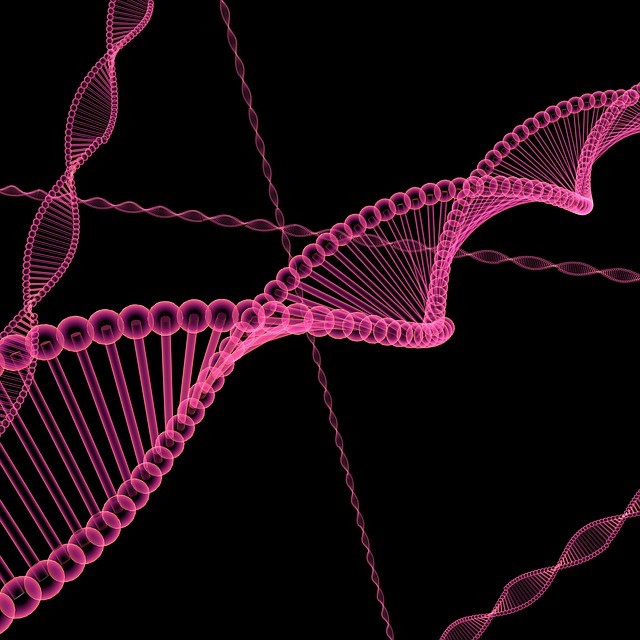
It is an exciting time in molecular research. With more technology, greater discoveries are being made which will hopefully help humans live better and healthier lives.
New Cancer Treatments
Researchers are currently studying monoclonal antibodies as an option to treat forms of cancer, such as:
- Mesothelioma
- ovarian cancer
- adenocarcinoma
- breast cancer
They believe that the target should be mesothelin because it is highly expressed in these cancers, along with other solid tumors. The antibodies work against the mesothelin through immunotoxin-based inhibition of tumor growth. The problem is that there is an inactive part of the antibodies called complement-dependent cytotoxicity (CDC); this plays an important role against tumors.
Scientists had to find a therapeutic agent, so they used engineering technology to identify a human single domain antibody, called SD1. They investigated the possibility of SD1 by generating a human Fc (SD1-hFc) fusion protein. The results showed that SD1-hFc stopped strong CDC activity in imesothelin-expressing tumor cells. In animal trials on mice, it showed a slowing of tumor growth.
This is significant because SD1 is the first human single domain antibody that can be used to slow the growth of mesothelin expressing tumors. In the future, we may see this technology playing a part in cancer treatments and saving lives.
Molecular Imaging of Pancreatic Cancer
Early detection of cancer is crucial in order to save lives, especially for cancers with low survival rates. Unfortunately, there are limits to the imaging available. Scientists are learning how to adapt antibodies for imaging purposes.
• How Antibodies will Help
Malignant cancers have atypical patterns of cell surfaces when compared to noncancerous tissues. The goal is to use antibody based imaging agents to target the individual cancer cells and surrounding areas. By using molecular imaging technology, doctors and scientists will be able to use the agents to detect malignancies and determine the success of cancer treatment.
This technology will eventually be able to be used for a range of diseases and cancer, researchers are focusing on the molecular imaging of pancreatic cancer. There is little early detection for pancreatic cancer, and it is one of the most lethal forms of cancer. The overall 5 year survival rate is only 7%.
Single Domain Antibodies: Tools against Infection and Immunities. Researchers use antibodies for experimental research and medical trials. Scientists are able to produce antibodies from conventional methods, along with taking from llamas, sharks and other camelids.
So far, there has been some success in using conventional neutralizing antibodies to treat rheumatoid arthritis and other inflammatory diseases. This has encouraged researchers to further search for antibody-based treatments. They are currently working on using antibody-based reagents to treat things such as:
- Auto-immune diseases
- Allergies
- Immune therapy for cancer
- Systemic lupus
- Severe asthma
- Increasing the efficiency of vaccines
Antibodies have a long history of being able to treat toxins and pathogens. Our technology today is capable of cloning and reformatting antibodies from animals to create semi-synthetic antibodies. The goal is to be able to one day have the ability to combat toxins and pathogens.
Success has been made to reduce the effects of venom. Venom from snakes, scorpions, spiders, and frogs are a threat to many humans. Through the use of IVs, researchers have used conventional antibody fragments from immunized horses and sheep have reduced the systemic envenoming.
Molecular engineers have also found ways to treat viruses with single domain antibodies. Viruses often are hidden from conventional antibodies which helps them escape from the immune attack. Using single domain antibodies from camelids and sharks allow antibodies to find and treat these viruses. They have used trials for viruses such as:
- HIV
- Rotavirus
- Foot and mouth disease
- Hepatitis B virus
- Marburg virus
In addition, single domain antibodies are being used to block attachment of bacteria to host cells and for more effective delivery of drugs. There is a possibilities molecular scientists will be able to find ways to more effectively treat bacteria such as:
- E.Coli
- Streptococcus mutans
Every day, molecular scientists and researchers are finding new ways to use existing technology and findings. The goal is to simply better human life; they are on their way to many new advancements.
